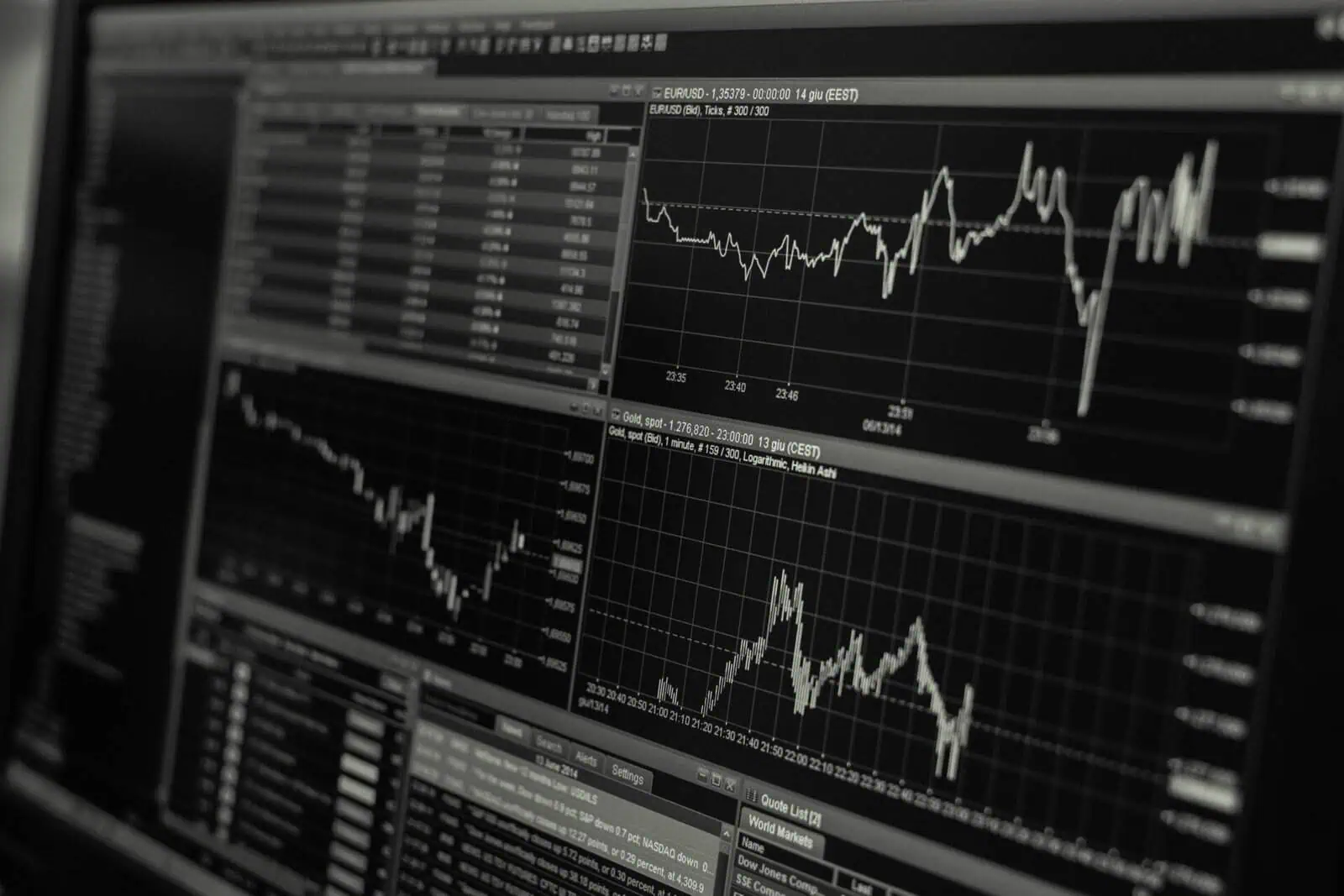Forex or the Foreign Currency and Exchange refers to the process of buying and selling (exchanging) of currencies for another. The reasons behind the exchange are usually commerce, tourism, and other factors. This is the most heavily traded market in the world, the Bank for International Settlements estimates an average of $5.1 trillion of trades is occurring daily. Currencies are valued against each other and subsequently traded. Basically, you trade converting one currency to the other and the difference in their rates is the profit you stand to make.
Forex Brokers
One of the reasons why Forex is popular as it is today is the technology and the service that provides investors to dabble in the currency market. Basically, brokers are companies that provide financial services to provide access to investors in the trading of currencies. They hold your money which fluctuates daily depending on how the day in the market went, they’ll also manage your fees and commissions. Many of them give access to expert advice which can be helpful for a trader. The finance advisor over at https://www.trusted-broker-reviews.com/forex-broker-uk/ says that there are currently over 280,000 UK traders today which we can largely attribute to the services provided by brokers. Although they offer the same main service, they may differ in features and costs that you’ll need to look into before you choose a broker.
Currency Pair
Since you’ll be trading one currency for the other, it’s important to understand that you’ll be dealing in pairs. In the money market, exchanging US dollars for euros are shown in their standard symbols (dollars as USD and euros as EUR) paired using “/”. So, if you’re looking at the rates between dollars and euros, you’ll see them as USD/EUR 0.7332, this lets you know how much of the second currency is needed to purchase the first one. This is why you’ll see AUD/JPY, GBP/EUR, etc.
Pricing
You’ll encounter a bit of forex jargon as you learn more about the industry, but one of the most common terms you’ll hear is the PIP or the point in percentage. This refers to the change of the fourth decimal place in a currency pair. If a pair EUR/USD 1.3450 demonstrates a change to 1.3500 this means that there’s a 50 pip move. If you purchased the currency at the previous value and sold it at second value, you’d have earned 50 pips. How this translates to money depends on how much of the currency (in units) you had and sold. A single pip also holds a $0.10 value in this scenario, which makes a single lot of 1,000 units make a $5 profit. The value of the pip varies but they’re usually measured against the US dollar. For example, if the USD/AUD pair is at 1.2900, the value of a pip can be computed by $0.10/1.2900=$0.0775. For JPY you’ll need to multiply the resulting product by 100.
Markets
Generally, there are three ways how people and organizations earn in the currency market: the spot, forward, and futures markets. Historically, the futures market was how brokers earn profit as it was available for investors for a significant duration. But with the advancement in technology and an increasing number of brokers, the spot market has become the leading method for investors. The spot market is also important as its real asset value is the basis of Forward and Futures markets. Many forex traders participate in this market and have made and lost money in this arena.
Forward and futures markets are similar in ways such as it allows investors to buy and sell currencies at a specific time and price, but they have subtle differences. Future contracts are traded in exchanges which makes them a standardized contract while Forward contracts are private agreements between two parties to buy and sell at a specified time in the future. While Future contracts have clearing houses that guarantee the trade, Forward contracts may be open for defaults.
Positioning
Positioning in forex refers to the amount of currency exposed to the movements of other currencies. There are two main positions: the long and short positions, using them is similar to what you do with stocks but faster and simpler. The long position is when the investor stakes that the underlying instrument increases in value. They usually look for signals to buy these currencies. Short positioning is selling your currency expecting its value to go down. They’ll usually look for indicators, like a level of resistance on the prices, for them to sell.
Forex is fun and challenging but more importantly, you can make money from it. You can expect to lose some when you start but once you get to learn the ropes, you’ll be able to make a guesstimate on the currency’s prices and take a calculated risk. Keep learning and take advantage of financial advice and tips regarding market trends and you can eventually differentiate valuable info from the noise.

